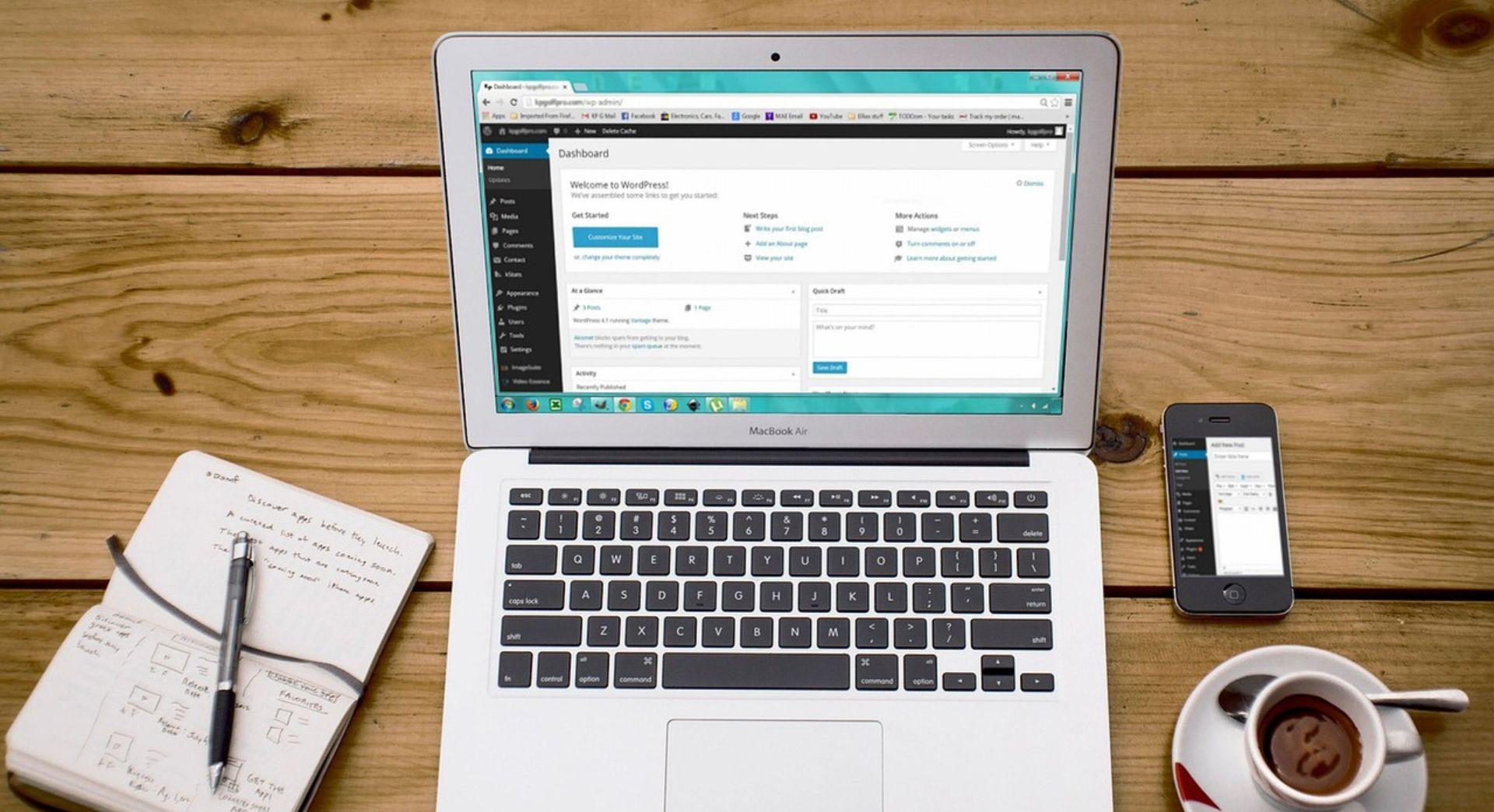Tax systems, deadlines, regulations and relief; for small businesses, keeping on top of tax is notoriously difficult. Jessie Day shares a quick-start guide to getting organised, and when it pays to seek expert help.
The 2015/16 tax year deadline has been and gone, and you’re probably just about drawing breath. If there’s one new year’s resolution it pays to keep though, it’s getting organised now, for the tax year ahead.
Nothing feels better than being Self Assessment-ready, so here’s a round-up of the top tax issues you need to be aware of.
Registering for Self Assessment
If you’ve just started up, you’ll need to register with Her Majesty’s Revenue & Customs (HMRC) as self-employed within three months of working or starting to trade. This is a hard deadline, and not meeting it can land you with a penalty on unpaid National Insurance (NI) contributions.
You can register with HMRC online, by phone or by post, but online is the easiest option. You’ll need your NI number, along with your basic business details and Unique Tax Reference, if you’ve registered to complete a tax return in the past. Make sure you file any emails and letters you receive from HMRC – you’ll be asked to confirm certain details when you file a tax return or log in online.
Tax deadlines
Once you’re registered, HMRC will send you your Self Assessment tax return in April. You’ll need to file your online return and pay any tax owed by 31 January the following year, or earlier if doing it by post. Other deadlines do apply, depending on your situation, so check with HMRC for up-to-date tax information.
It’s widely acknowledged that the tax system facing UK small businesses is too complex. But until it changes, you need to be on top of the deadlines. Penalties for late Self Assessment payments (and filing) are issued automatically. So getting organised, filing everything on time and paying up is far better than delaying and battling a computer-driven penalty.
Finally, waiting until the last minute to sort out your return isn’t just stressful, it can be almost impossible to get help from HMRC in the week(s) leading up to the deadlines, due to the sheer volume of calls, online help requests and post. Staying organised through the year and being proactive with your queries can help avoid any automatic fines for late filing and payments.
The five taxes you need to know about
Rates and allowances are subject to change, so here are the definitions, plus where you can go for the latest rulings and guidance.
Income tax
If you’re a sole trader, you’ll pay income tax on the profit your business makes. This will kick in once your profit goes over the personal allowance threshold. Thresholds are liable to change, so check HMRC’s website for the up-to-date ruling. If your business is a limited company, you could also pay income tax on any salary or dividends you take.
National Insurance (NI)
It’s not a tax, but it can feel like one – NI is money that you pay to the government. There are different types of NI, and which you pay will depend on your business structure and profits.
Corporation tax
This tax applies to limited companies. As soon as the company makes a profit, it will need to start paying corporation tax. The exception may be if you’ve made losses, previously.
Sole traders don’t pay, but there are a few less common companies that do. Keep an eye on the guidance around corporation tax throughout the year.
VAT
Your business may make sales that are eligible to have VAT charged on them. If these ‘VATable’ sales cross the current threshold, you’ll need to register for VAT. Check gov.uk for the latest rates and guidance.
Business rates
Operating from an office or retail premises? You might have to pay business rates. Some premises are exempt (such as farms), and you may also be eligible for business rates relief.
If you’re home-based and paying council tax, you probably won’t have to pay business rates. But again, there are exceptions to this (for example if you employ staff who come and work in your home), so it’s always best to check with gov.uk or a qualified accountant.
Auto-enrolment
Again, this isn’t exactly a tax. But this year springs another deadline – by April 2017 all existing UK businesses will need (by law) to offer and contribute to workplace pensions. It’s known as auto-enrolment, and unless you set up in or after October 2016, the deadline is looming.
Concerned about your auto-enrolment responsibilities? There’s a lot of information out there, but a good rule of thumb is to note the dates you started your business, whether you have or are planning to take on any employees, and check with The Pensions Regulator for what to do next.
Give yourself a break
Taxes aren’t easy, to pay or to work out. There are three things you can do, though, to make life easier and get on with the ‘day job’.
Work with a trusted accountant. Yes, it will cost. And so it should! A good accountant will take care of all the issues above for you, leaving you free to bring in the goods. The Enterprise Nation Marketplace is a great place to start if you’re looking for an accountant.
Get online. Get someone to help you set up online now, and contact HMRC with any questions. It will save headaches in the near future, as small businesses will need to start sending quarterly tax updates from 2018.
Be early, not on time. Try to keep impeccable records through the year, file everything in one place, and watch HMRC for changes. Signing in to your HMRC online account regularly, not in a panic the day before the deadline, will help you get to know the system, and your responsibilities.






